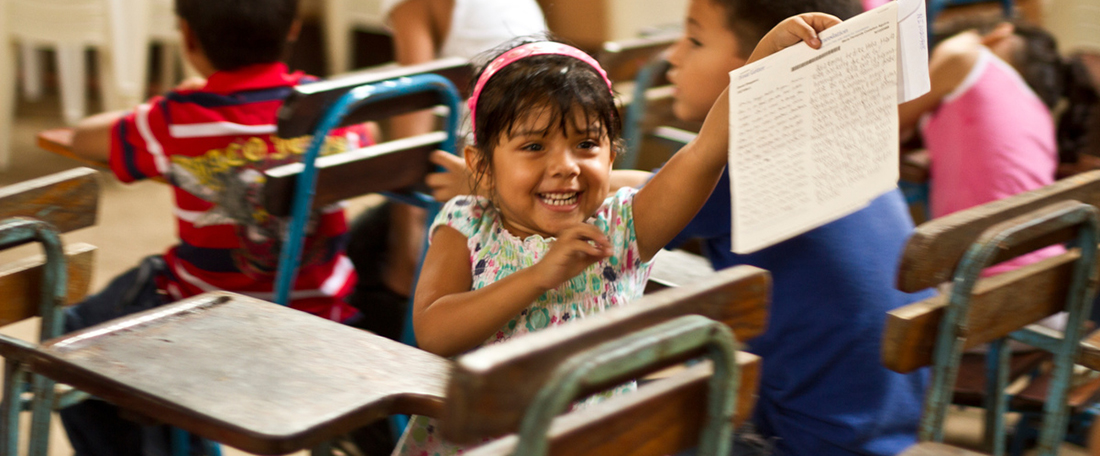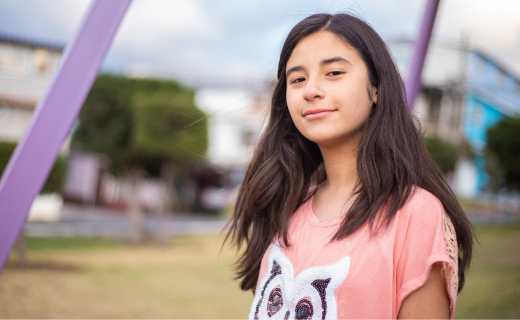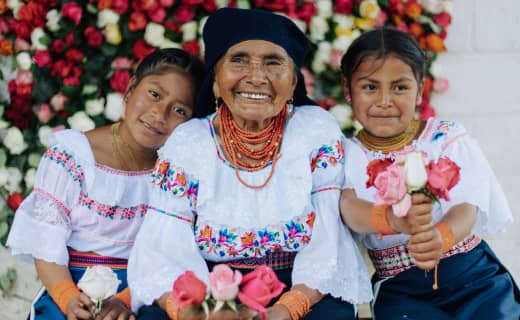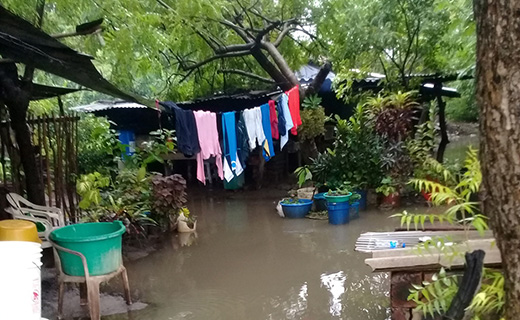Nicaragua
Capital City: Managua
Population: 5.90 million
Life expectancy: male 70.81 years, female 75.26 years
Population with improved drinking water: urban 99.3%, rural 69.4%
Adult literacy rate: male 82.4%, female 83.2%
Infant mortality rate: 19.65/1000
Under 5 mortality rate: 24/1000
Religion: Roman Catholic 58.5%, Protestant 23.2% (Evangelical 21.6%, Moravian 1.6%), Jehovah's Witnesses 0.9%, other 1.6%, none 15.7% (2005 est.)
Percentage living on less than $1.90 a day: 10.83%
A little bit of history
Nicaraguan land was inhabited during pre-Colombian times by a number of indigenous people groups. Christopher Columbus was the first European to explore Nicaraguan land during his fourth and last journey to America.
Nicaragua Facts
Literature Poetry is one of Nicaragua’s favourite forms of art. Rubén Darío (1867-1916), known as the “Prince of Spanish-American literature,” helped inspire the modernist literary movement in South America. Generations of Nicaraguan poets, fiction writers, and essayists have followed his example and are popular across the country. Art Earthquakes and war have obliterated much tangible evidence of Nicaragua’s cultural heritage, especially its colonial architecture. However, the city of León retains many fine, old buildings from this period and is also famous for street murals. The Archipelago de Solentiname, a collection of tiny islands found in the south of Lake Nicaragua, are a haven for artists, poets and craftspeople. Music Many Nicaraguans favour Mexican styles of music, often characterized by guitars and marimbas – a type of xylophone. Tonada music – a type of traditional poetic folk song, which captures the spirit of traditional South American rural life, is also popular. In Bluefields, the largely English-speaking town on the Caribbean coast, music has been heavily influenced by the rest of the Caribbean, so you’ll find reggae is popular here. Language The official language of Nicaragua is Spanish. However, Nicaraguans on the Caribbean coast speak indigenous languages and also English. Spanish: Buenos dias (Good morning), Dios le bendiga (God bless you), Hola (Hello), ¿Cómo está? (How are you?), Bien (Fine) Sports and Games Baseball is the most popular sport in Nicaragua. Younger children also enjoy a game of tag. Typical Foods A traditional Nicaraguan meal consists of eggs or meat, beans and rice, salads of cabbage and tomatoes, tortillas and fruit. Also common is gallo pinto, a blend of rice and beans. Other typical dishes include bajo, a combination of beef, greens, ripe plantains, and yucca; and vigorón, which is yucca served with fried pork skins and coleslaw.Compassion in Nicaragua
Compassion began registering children into Nicaragua's programmes in 2002. Currently, more than 50,100 children are being released from poverty thanks to the life-saving care given by our 174 church partners.
What sponsored children learn in nicaragua
In Nicaragua, children typically attend their Compassion projects after school and on Saturdays. During a typical project day, sponsored children will participate in activities such as:- Prayer and devotional time.
- Spiritual lessons. Children sing songs and learn Bible stories.
- Break time. Children can play in a safe environment and develop friendships.
- Social lessons. From conflict resolution to developing healthy self-esteem, children who often come from challenging home environments are taught social and personal skills.
- Lunch and social time. Each child receives a meal consisting of rice, meat, tortilla and natural juice, tea or cereal. Children also sometimes receive a snack of fruit salad, rice with milk or a thick hot drink made from corn meal.
- Health lessons. Children are taught practical health and hygiene tips.
- Letter writing and career planning. Older children work with project staff to identify their strengths and interests, setting realistic goals for their future.
- Young people are involved in vocational training activities such as music, computer literacy, sewing, carpentry, baking, hair styling, entrepreneurship, and handicrafts.
- Children participate in extracurricular activities such as camps, sports, field trips and art. Camps are held once or twice a year, field trips are once a year, and sports and art are offered regularly throughout the year.
- Parents meet either monthly or quarterly depending on the church partner. At least once a year, parents receive training supported by the partner church. Twice a year they participate in the medical check-ups, meetings and church activities.





